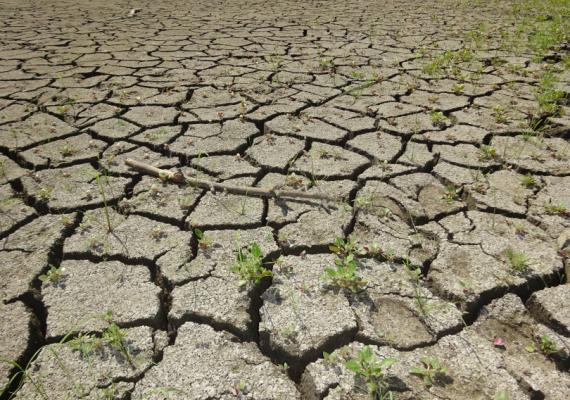Rabbis and Scholars Meet in the LEAP Program

This week, a group of rabbis drawn from diverse American Jewish communities came to the Katz Center to learn from fellows under the auspices of the LEAP program in partnership with Clal. Now in its third year, LEAP enlists influential voices in the Jewish world in the effort to translate and disseminate Jewish studies scholarship beyond the academy.
Following the Center's fellowship theme, the 2017–2018 LEAP fellows are thinking of the ways that nature and science have been variously received by, embedded in, and opposed to Jewish religion and culture. This meeting, the first of three planned for the year, included presentations on disparate topics. Daniel Langton (University of Manchester), the Center's Ivan and Nina Ross Family Fellow, spoke about Jewish responses to the theory of evolution; Bethany Wiggin, from Penn's German Department, offered an introduction to environmental humanities; and Louis Apfelbaum and Hortense Braunstein Apfelbaum Fellow Julia Watts Belser (Georgetown University) explored rabbinic responses to drought and other natural disasters.
The range of topics catalyzed productive conversations about the place of nature and science in contemporary Jewish life. The group discussed, for example, how rabbis can facilitate awareness of environmental concerns and promote urgent action. They compared notes on ways in which widely accepted scientific views butt up against elements of Jewish liturgy and theology, affecting perceptions of Jewish "truths" in ways that often go unacknowledged. They brainstormed how elements of Jewish ritual are—or could be—imbued with a sense of connection with the natural world including annual cycles, human corporeality, and indebtedness to other living creatures.
These lines of thinking are not necessarily scholarly, but as they develop over two days of reading and discussion with scholars, they are informed by scholarly insight and subtle historicity in most unusual ways. Participating rabbis return to their regular duties with a mandate to "apply" this learning, with application understood very broadly. Beyond directly teaching the scholars' work to their constituents, rabbis might create a new ritual, compose a sermon or a blog post, or alter their approach to pastoral conversations.
But how deep is the meaning that is made, for example, by comparing today's struggles to process climate change with Talmudic narratives about bringing rain by requesting divine intervention? Is it intellectually responsible to conflate nineteenth-century Jewish responses to Darwin with the religious perspectives of contemporary Jewish doctors?
Such thought-producing problems lie at the heart of the LEAP program. Academic and rabbinic approaches to Jewish texts and history differ not only in methodology but, often, in terms of fundamental aims. It is natural for rabbis to approach new scholarship with questions about what it can mean to them and the communities they lead, since such leadership is their vocation. For academics, though, it can be hard to see painstaking research and cautiously-argued conclusions turned into metaphors. The ideal of scholarly disinterestedness wars with the belief that the humanities matter when it comes to applying insights to chronologically or culturally distant contexts.
Sometimes, academic writing does speak directly, without need for apology or translation, to broad human concerns; when it doesn't, should it be pushed to that purpose? The LEAP program's focus on application puts it at risk of devaluing pure research, but the risk is averted through emphasis on time spent in deep study of the apparently arcane together with scholarly practitioners. It acknowledges that such study is necessary, energizing, and enlightening, even before any new applications may arise. In this way it stands as an example of Jewish communal commitment to supporting the academic scholarship to which the Katz Center is devoted.
